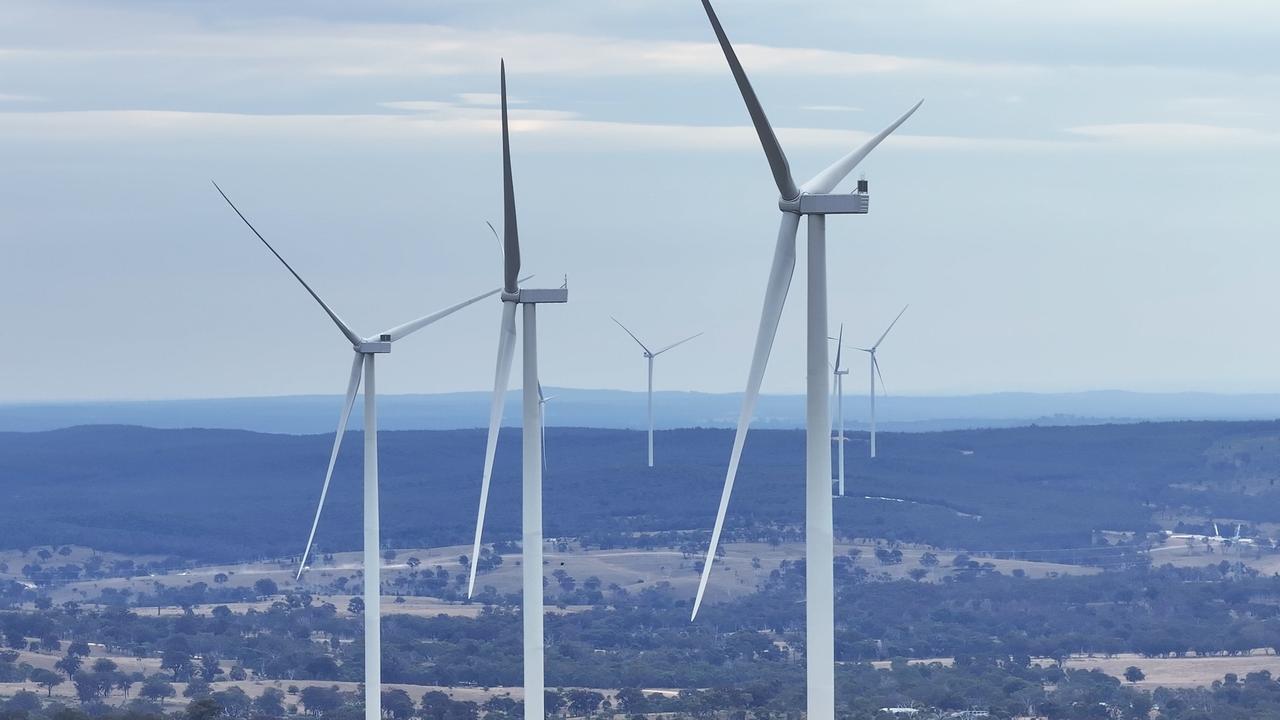Peak commodities arriving fast at Macquarie as Nick O’Kane exits
The exit of the bank’s commodities powerhouse and leadership contender Nick O’Kane marks another shift at Macquarie.
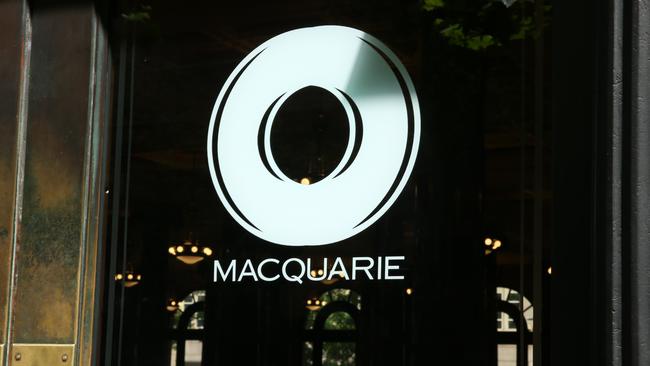
Business
Don't miss out on the headlines from Business. Followed categories will be added to My News.
Several weeks ago Macquarie Group quietly passed its 54th birthday, and like anyone moving into their second half century, it was as good a time as any for the homegrown investment bank to take stock.
The environment Macquarie finds itself in is harsh. Banking markets and deal making have ground to a halt on painfully higher interest rates.
At the same time, Macquarie’s ambitious renewables push is fading with green energy valuations coming off the boil. Earnings across the board for Macquarie will be down.
However, in a sign that Macquarie too is about to go through another of its trademark shifts, its $58m man – its powerhouse commodities boss Nick O’Kane – will leave the bank later this month. He will be replaced by three-decade banking veteran and forex specialist Simon Wright, who heads up the financial markets division in the commodities unit.
The low-profile O’Kane made headlines around the world when he took home annual pay last year topping his chief executive, Shemara Wikramanayake, by more than $20m and earning more than most Wall Street banking bosses. In total he has collected $100m in pay from the bank over the past three years.
The reason for the windfall is O’Kane built up much of Macquarie’s sprawling US energy business now centered on gas trading and storage and this came into its own in the past five years.
In a neat twist it was when based in Houston, across the road from the former headquarters of notorious US energy trader Enron. O’Kane made his name through the acquisition of the energy trading business in Cook Inlet in 2005 and then the much bigger Constellation for a bargain price following the GFC.
From there it was rapid rise through the ranks of Macquarie to head one of its most important businesses. And his relocation from Texas back to Sydney nearly three years ago was seen as a strong signal he was being groomed among those to eventually take over from Wikramanayake, the former asset management boss who is coming up to six years in the role.
Wikramanayake says it’s been an “incredible journey” for O’Kane. “He’s made a massive concrete impact” building up the commodities business around the world, she says.
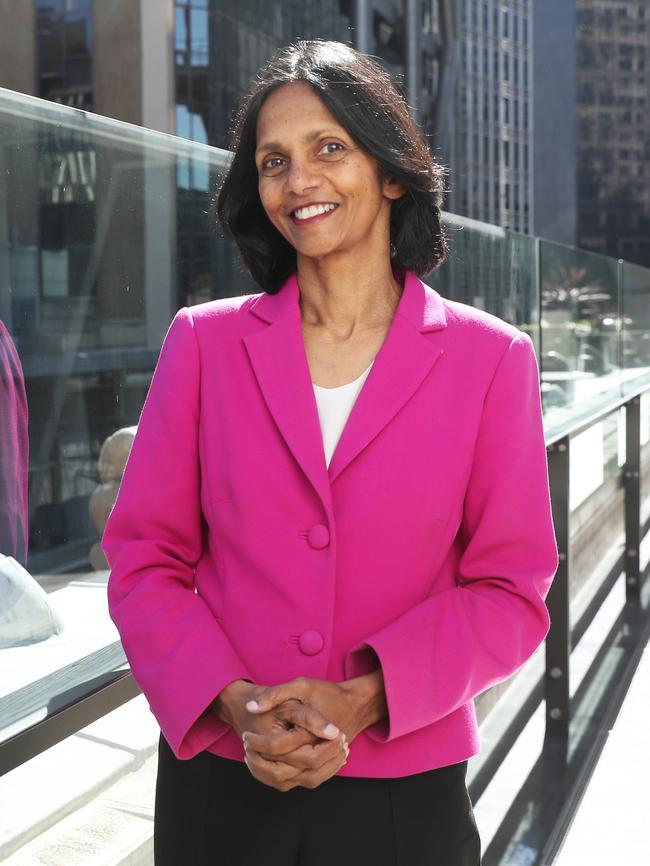
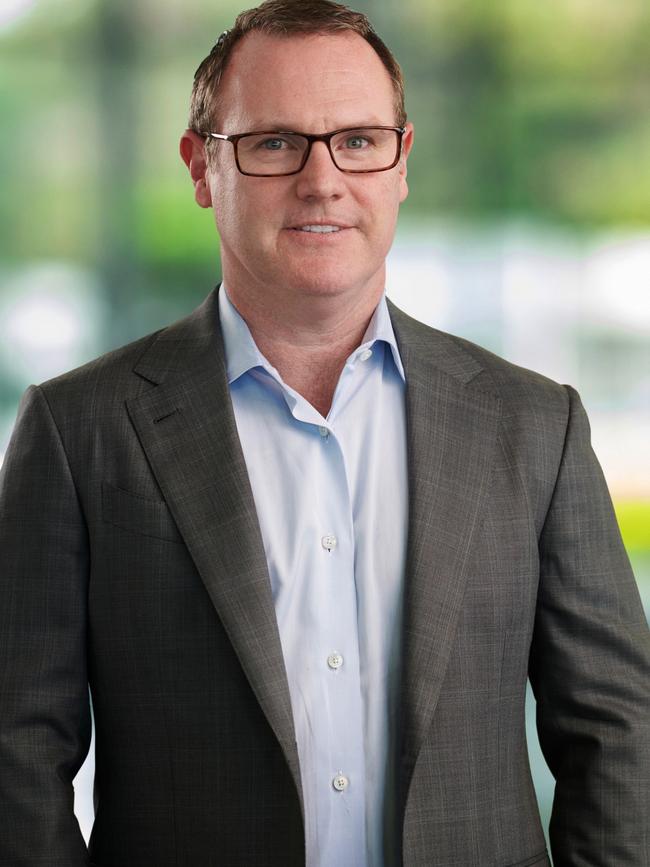
Few people walk away from one of banking’s highest paid jobs and O’Kane’s exit – to “pursue other opportunities” – suggests peak commodities is coming fast for Macquarie and the bank is pivoting its focus back to funds management and infrastructure.
Europe’s Ukraine-linked energy crisis and a deep freeze in North America last year meant that everything came together at once in commodities.
However, with the world adjusting to higher-for-longer interest rates and years of frantic investment adding to new energy supply, the commodities supercycle is quickly fading. And that’s set to have a big impact on Macquarie’s earnings in the years to come.
Gas and oil trading, transport and storage delivered super-sized profit for the investment bank – and the bonus windfall for O’Kane. Indeed, O’Kane’s division last year posted a 50 per cent jump in profit to $6bn. This meant Macquarie had generated more income from trading oil and gas than green energy or its much-heralded funds management platform.
On UBS numbers the business has grown five times since 2016, while last year it delivered 48 per cent of Macquarie’s pre-tax earnings. Those numbers will be hard to sustain.
There’s long been a frustration among investors around the “black box” nature of the commodities business which has made it difficult to anticipate how commodity price swings impact.
Today the investment bank is one of the biggest energy traders in the US with leasing capacity across nearly every major gas pipeline. The bank is also one of Europe’s biggest energy traders and became a key player in the frantic rush when countries were looking for gas supplies as Russia was shut out of the market.
While Macquarie has benefited from the windfall profits of commodities over the past few years, this sat uneasily with all the hard work the bank has done since the global financial crisis as it attempts to become a less volatile business with smoother earnings.
It’s been a difficult year for Macquarie to be sure with the bank’s third quarter numbers released on Tuesday showing earnings will be “substantially down” on the same time last year.
Each of Macquarie’s four divisional engines of banking, asset management, commodities and investment banking have all posted sharply weaker numbers from a year ago.
The simultaneous downturn is testing the Macquarie model, particularly after several years of costly investment.
Wikramanayake says perspective is needed. Exceptional market conditions last year for commodities and green energy asset sales meant the numbers were simply hard to repeat this time around.
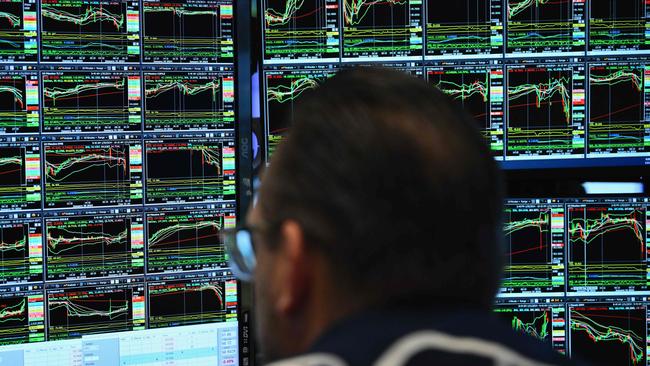
Added to this, there has been a mild winter across North America and lower volatility across commodity prices. This means the commodities business needs to work harder to grow share on transport, shipping and storage which in itself delivers annuity-style earnings.
Wikramanayake says Macquarie is eyeing a move in to commodities across Asia where it has been relatively underweight, while the future demand for gas and power will be strong across North America in coming years. However the reality is with massive renewable programs including US President Joe Biden’s massive spending on renewable the nature of energy trading is changing.
Profit drop
More broadly in an operational briefing, Wikramanayake retained her trademark caution even with talk of US interest rate cuts coming this year. Unlike her Wall Street banking rivals at Goldman Sachs or Morgan Stanley she’s not yet ready to signal a return of broader M&A activity.
And with valuations and returns on green energy coming off rapidly, Wikramanayake pointed to opportunity beyond core green energy where substantial capital is needed. This ranges from energy firming for factories; long haul green energy transportation and sustainable aviation fuel.
“The renewable transition continues and governments are showing commitment to that”, Although the Macquarie boss acknowledges markets “have a little bit more caution in terms of where they go,” she says.
The external pressures on Macquarie point to a likely double-digit drop in full year profit when the bank releases its numbers in coming months.
To put this in context, Macquarie has delivered exceptional earnings growth year after year across its five decades.
Since 2007 there has only been three profit reversals and each of these have been on the back of major financial shocks: the global financial crisis; the Euro debt crisis and the Covid-19 pandemic. Macquarie is now facing its fourth earnings shock: The commodities crash.
NAB boss can wait
What’s the rush? National Australia Bank shareholders have a right to start putting this question to their outgoing chief executive, Ross McEwan.
It emerged overnight Tuesday the well-regarded banking boss plans to join the board of $5bn UK defence tech and weapons play Qinetiq.
The FTSE 250 company specialises in robotics and laser weapons and more recently has been moving into cyber defence. The 66-year-old McEwan starts his new board posting in March and that means there are a couple of months of crossover before his official end-June exit date from the bank.
After a four years as NAB chief executive, surely Qinetiq can wait.
Running a bank is as demanding as ever, and shareholders should expect McEwan to be fully focused on his day job, even if it is in the few months of a leadership transition. It’s not unusual for a CEO to have an outside board role but it is increasingly rare. For a serving bank CEO to join a board is even rarer. Last week, NAB named its business banking boss Andrew Irvine as McEwan’s replacement.
NAB chairman Phil Chronican needs to consider there’s the very real reputational issue of having the bank’s most senior officer drawing a director’s fee from a business best known for building lethal lasers and robotic vehicles for the battlefield. Non-executive directors at Qineteq are paid just over $100,000 a year. This is spare change for McEwan who last year was paid $6.1m.
NAB has no public position about lending to weapons manufacturers, however it has issued so-called social bonds that has rules around lending to companies involved in alcohol, gambling, tobacco and military weapons.
In retirement McEwan can do what he wants, however that makes the appointment even more perplexing. The former Royal Bank of Scotland and Commonwealth Bank boss will literally be able to do what he wants, with many trophy board offers set to come his way. By going with a defence outfit so quickly, this may keep some other offers at bay.
The $4bn Qinetiq was spun out of the UK’s Defence Ministry nearly two decades ago and has grappled with the changing nature of defence spending. Now, with wars and weapons moving to higher tech fields, Qinetiq is finding momentum. It has a strategy of doubling revenues to £3bn ($5.8bn) in the next three years as it eyes a role in the multi-billion AUKUS submarine project, particularly on the Australia leg. Indeed, it wants to more than double the scale of its businesses in Australia under local boss Gary Stewart where it employs 1000 people. Last year, it paid $58m for the Nowra, NSW-based defence services company Air Affairs.
Qinetiq chairman Neil Johnson said McEwan’s knowledge and understanding of the Australian market “will be particularly advantageous”.
In a series of briefings last week, McEwan said when he finished up at NAB he had planned to split his time between New Zealand and Melbourne. He also said he would be considering board roles following his retirement. Few had it expected it to be so soon.
johnstone@theaustralian.com.au
Originally published as Peak commodities arriving fast at Macquarie as Nick O’Kane exits


